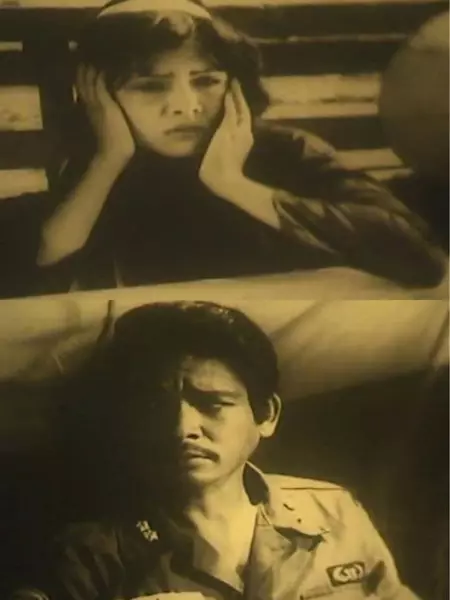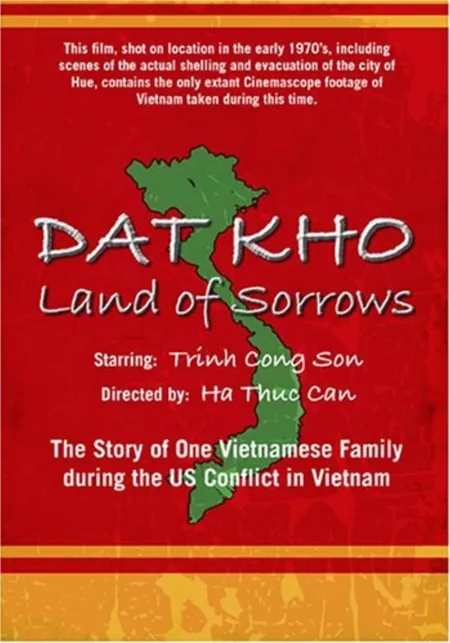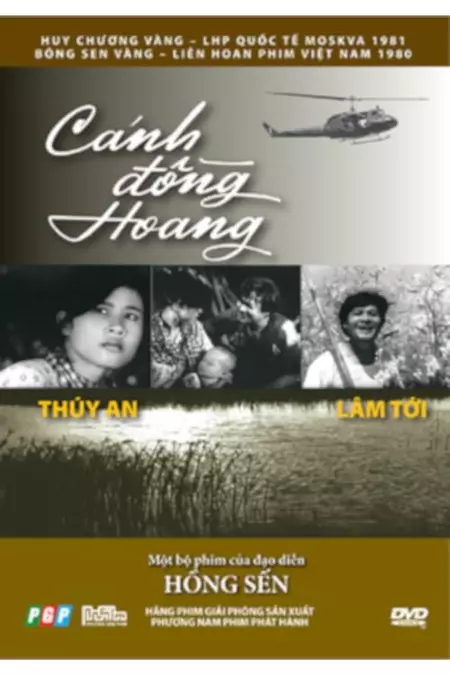Biography
(No Information)
Filmography
all 4
Movies 4
Composer

Karma (1986)
Movie
Trinh Quan

Land of Sorrows (1973)
Movie
Information
Known ForActing
GenderMale
Birthday1939-02-28
Deathday2001-04-01 (62 years old)
Birth PlaceĐắk Lắk, Vietnam
CitizenshipsVietnam
This article uses material from Wikipedia.
Last updated:
 Công Sơn Trịnh
Công Sơn Trịnh- Filmography
- Information

